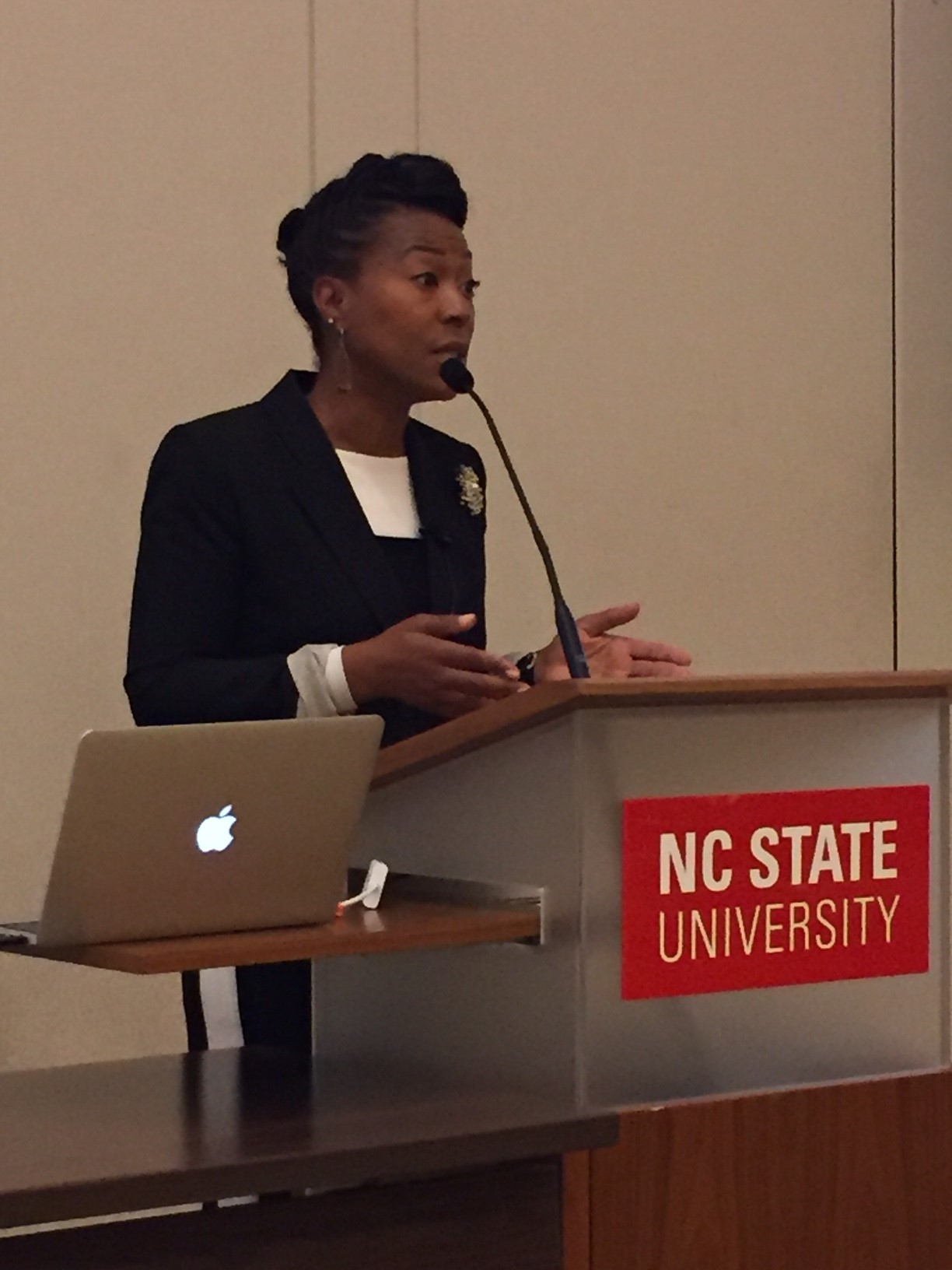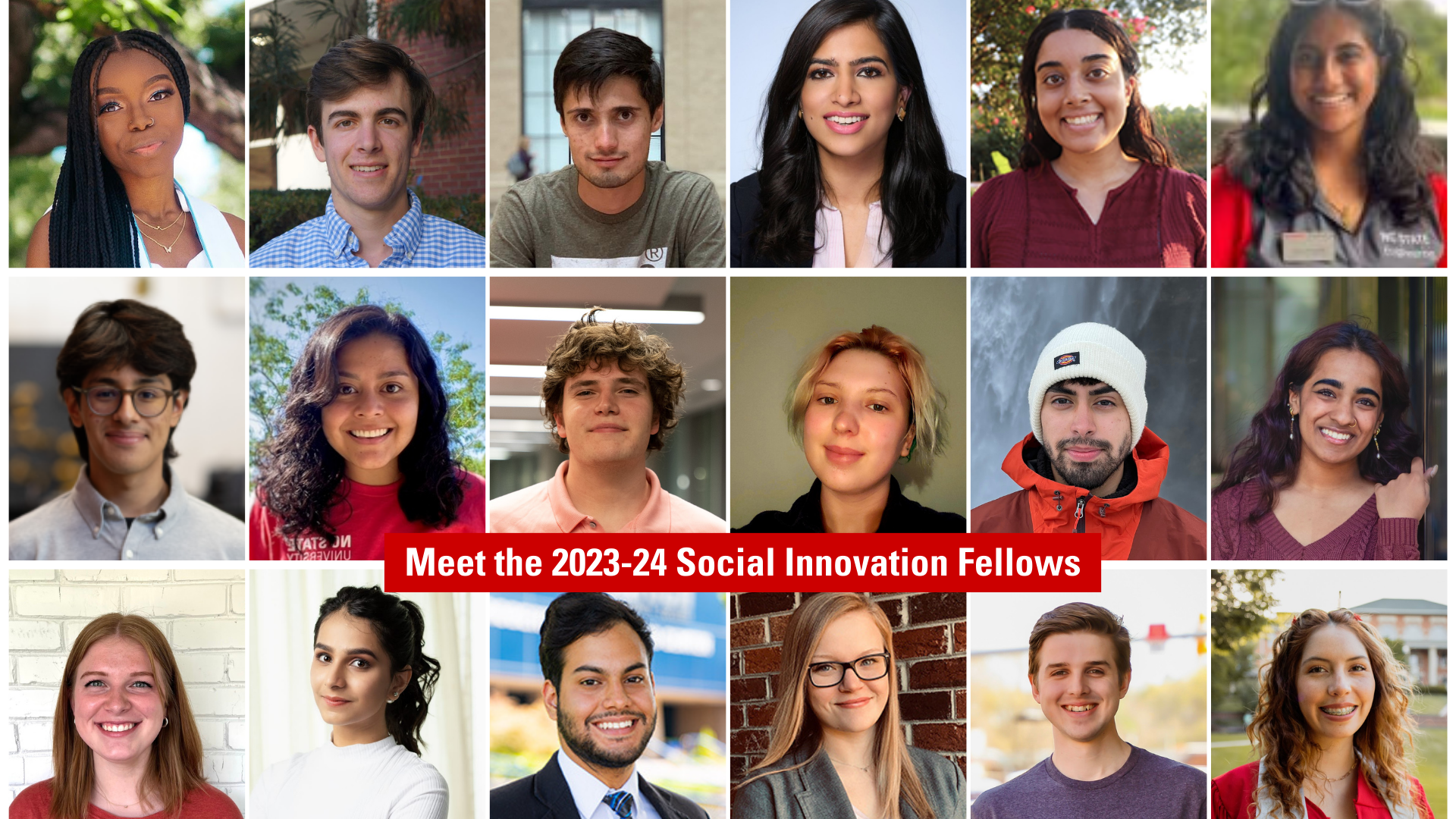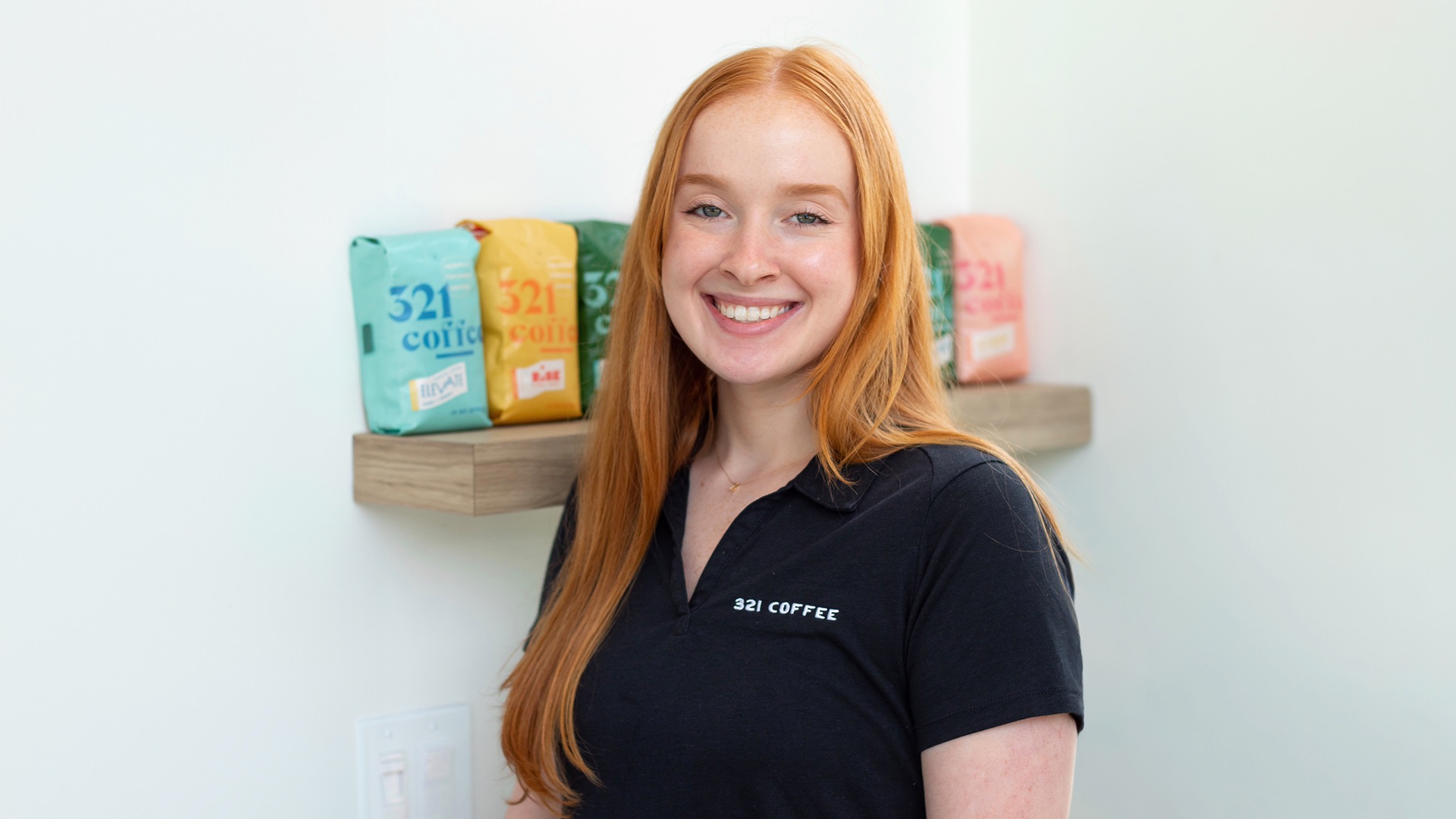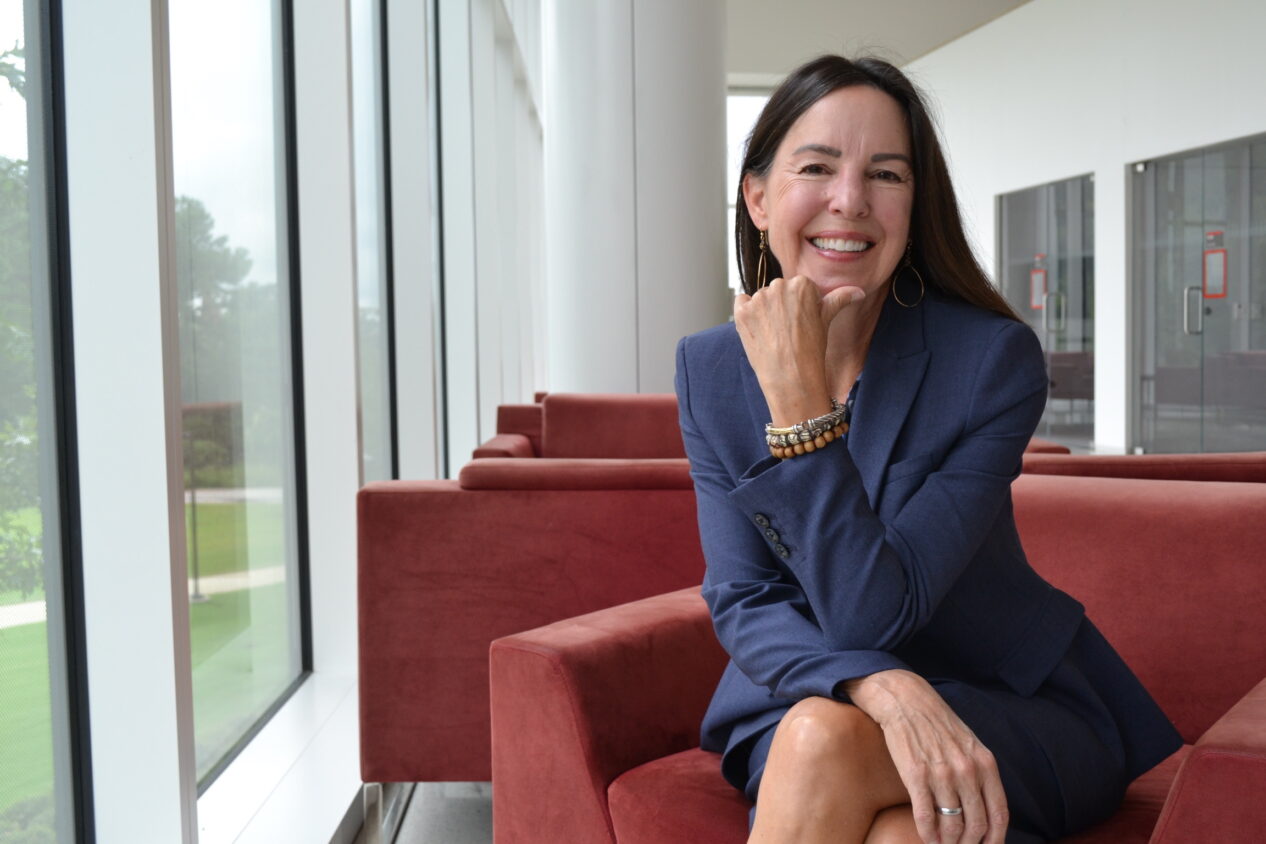Ambassador Voices- Dinners With Purpose
The Institute for Nonprofits Social Entrepreneurship Initiative in partnership with the Kenan Institute was able to host Social Entrepreneur and founder of Sow Much Good Robin Emmons on April 12th. Here are two perspectives on the event from Institute for Nonprofits Ambassadors Sierra Jones and Rahim Jindani.
The NC State Institute for Nonprofits Social Entrepreneurship Initiative and the Kenan Institute for Engineering, Technology, and Science featured Sow Much Good founder, Robin Emmons, at Dinners with a Purpose on Tuesday evening. In 2008, after spending 20 years working in corporate America, Emmons decided to quit her job saying, “I knew I couldn’t suppress the inner knowing that I was supposed to do something more with my life”. After quitting, she received news that her brother, who suffered from a severe mental illness and had been homeless for over decade, had been arrested and placed in jail. She fought for his well-being and was able to help place him in a mental health facility, but was soon confused by the deterioration of his health through the onset of lifestyle diseases such as hypertension and signs of developing diabetes. After speaking with the facility, she concluded that her brother’s compromised health must have been the result of living off of canned, processed, and nutritionally vacant foods. She was aware that people of a lower socio-economic status had shorter life expectancies and a lower quality of life, and realized that the lack of proper nutrition was a primary cause. This motivated Emmons to begin her journey, where she ripped up her entire backyard to create a garden where she could grow fresh fruits and vegetables for her brother and others who lacked access to the local food economy. Over the past eight years her modest garden has grown into the now widely recognized nonprofit, Sow Much Good, but Emmons is still very much in the process of improving and expanding her efforts.
Emmons expressed her passion for this cause by explaining that access to healthy foods is a fundamental need and a basic human right. She noted that 57 out of North Carolina’s 100 counties are labeled as “food insecure”. In attempt to help this cause, Emmons has partnered with local farmers where she along with volunteers grow foods to be sold at their affordable markets. These markets, which accept EBT cards, are meant to give people access to fresh foods that would otherwise not be available to them at an affordable price. While Sow Much Good has grown significantly in the past 8 years, from Emmons’ backyard to a 9 acre operation serving over 20,000 families, Emmons admits that she is still working to overcome fundamental limitations in the nonprofit sector and achieve long-term sustainability. She questioned, “How do you institutionalize a nonprofit without making it rigid?” Her goal for Sow Much Good is to expand its reach and to have a greater impact. She wants other communities to have the opportunity to replicate her model and eventually “work herself out of this job” by giving everyone access to affordable, fresh foods.
Emmons’ decision involved taking a huge pay cut, but according to her, it was worth every bit of it. Emmons described how she got caught up in following the “life script” of going to school, getting a degree, and working a commendable job. She said, “I became addicted to the money and the privilege, but I felt empty.” She explained how joy is found in connections, and she was able to use food as a vehicle of connection. Emmons gave advice to young Social Entrepreneurs saying, “Do not be concerned about what other people think is right for your life. Be unafraid and embrace weird and strange ideas. We are all multifaceted and fluid, so use your full self in all of your experiences.” Most importantly, Emmons is a prime example of how we must not simply accept, or become indifferent to, today’s social problems, but we must be the change we want to see in the world.
– Sierra Jones
After hearing from Robbins I was trying to think of how her model can be utilized and multiplied to ensure that sow much good model can be replicated to other areas and places around the country which face a similar situation. Robbins mentioned some of the important hurdles when she started such as making engagement with people such as the ones with resources and knowledge who were happy to give her things. She shared that she needed more than just resources she needed commitment of people and making them understand the situation which helped in weaving the farmers and the local community needs.



